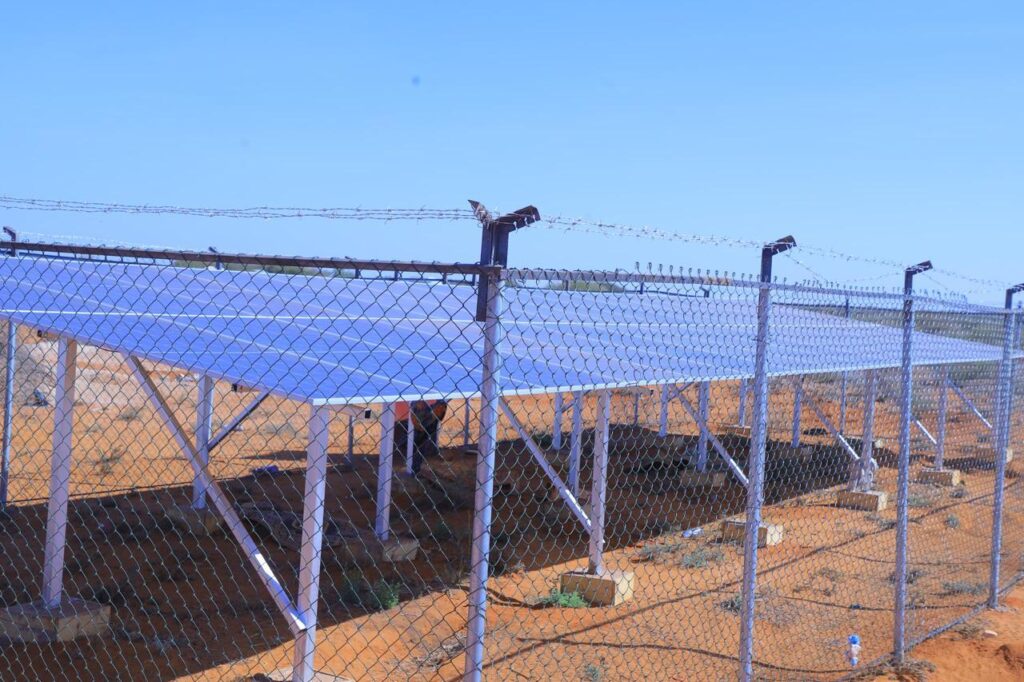Access to clean water in Somalia remains a critical humanitarian issue, made worse by recurring droughts, flash floods, conflict, and poor infrastructure. In rural areas, access is particularly limited, with only 28% of the population having basic water supply, compared to 83% in urban areas (UNICEF). This lack of clean water contributes to the spread of waterborne diseases such as cholera and acute watery diarrhea, particularly affecting children under five.
About 30 kilometres north of Abudwak town is Aricadeys Village. A small, rural community that has always shown resilience in the face of hardship. For years, families here have struggled to find clean water. The village’s dry, harsh climate and lack of proper infrastructure made water scarcity a constant challenge. For community members like Hamdi Hashi, fetching water meant walking long distances to uncertain sources. It was a daily task, especially for the women and girls, who bear the responsibility of collecting water. This was not just exhausting; it’s risky, as many face dangers like conflict at water points or even the threat of physical or sexual assault. And with so much time spent collecting water, opportunities for education and work are often lost.
Faced with these challenges, the community decided to act. With support from relatives abroad and local well-wishers, they managed to construct a borehole and buy an old diesel-powered generator to pump the water. It was a step forward, but unfortunately this investment presented several challenges, as the generator constantly needed expensive diesel to run, and breakdowns were frequent, often taking days or even weeks to repair.
Recognizing the urgent need for a sustainable solution, Nomadic Assistance for Peace and Development (NAPAD), with funding from German Doctors, installed a hybrid solar-powered water pumping system in the community borehole, replacing the previous diesel-powered pump. The system now provides reliable access to clean water for 400 households.

“I am so happy knowing that I don’t have to walk for so long to get water or wait for days to have the generator get fixed. Now I can fetch water at any time.” Shared Hamdi Hashi
Beyond providing a reliable water supply, the project also introduced a mobile charging unit to the village, allowing community members to power their phones and small electronic devices. This is helping people stay connected in this remote area and making daily life just a bit easier.

To ensure the long-term sustainability of the system, two local community members were trained on the operation and maintenance of the solar-powered system, ensuring consistent and equitable access to clean water for everyone.
Despite these initiatives, challenges persist due to climate change, ongoing conflicts, and limited funding. Continued investment in sustainable water infrastructure and management is essential to address Somalia’s water crisis effectively.
